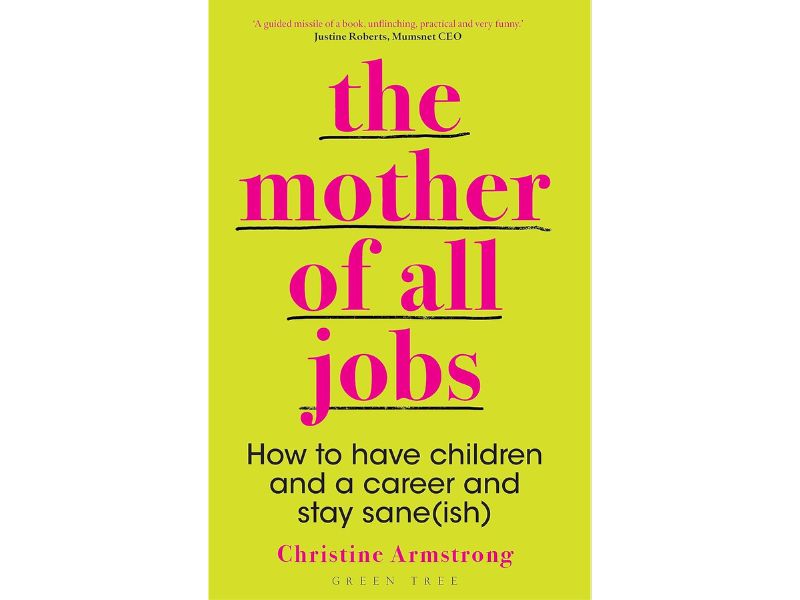
Where in the world do you want to travel?
If you’re anything like me, you just can’t sit still. The idea of staying in one place is just so boring.
If you love traveling and the thought of spending your career working nine to five in an office week after week has you banging your head on your desk, then a career in travel where you get paid to explore the world can be a great way to earn a salary while satisfying your wanderlust.
But how do you become a successful travel professional who gets paid to travel around the world, while others wind up chained to their desks, dreaming about traveling to exotic places in the pictures they have taped to their cubicle walls?
It’s not by accident.
As someone who has gotten paid to travel to over 80 cities across five continents doing work I love in the travel industry, there are three steps you can take to pursue a career traveling the world that’ll help you stop dreaming, get out of the cubicle and get closer to a career that includes travel.
-
Become extremely specific about what you’re looking for.
Instead of taking personality or self-assessment tests that provide broad or general career advice, find an underlying theme among a variety of things that you find interesting based on your past experiences overall, really taking the time to figure out what type of work interests you the most.
Then get really specific about the type of career niche and respective job function and job title you want within the travel industry (so as an example, a possible career niche would be hospitality, job function would be marketing and job title would be hotel sales manager).
It may seem counterintuitive, but by forcing yourself to be specific, you actually increase your chances of creating your dream travel career, because your whole approach, from your resume to even your references, will be specific to the position you want.
-
Form relationships with the right people.
Develop a targeted list of five to 10 companies based on your desired career niche, job function or job title. Then use social media or LinkedIn to research and find current and former employees at those companies to see how you’re connected to them and get their email addresses as your first point of contact.
Reach out to them to via email to request informal informational interviews (or coffee meetings) in order to learn more about their companies, their jobs, to get the inside scoop on the industry overall, and job opportunities that exist before they are made public.
This kind of networking is more effective than just talking to anyone and everyone about how you are looking for a job or submitting your resume to online job boards and then hoping and praying you’ll get a call for an interview.
I want you to realise that it isn’t just about collecting business cards. It’s about developing relationships and assembling a team of people who see the value in you, and can refer you to job opportunities on an ongoing basis.
-
Show and prove that you’re the best candidate for a travel career.
Only after you’ve gotten specific about the type of job you want and have made some connections with the right people, you can then work on crafting a tailored resume that is not chronological (and lists your entire life’s work history), but a functional resume and cover letter.
Both resume and cover letter needs to tell a story about how your experiences and the professional accomplishments you have cater to targeted positions based on your specified career path and adds value to your respective researched companies.
The key to remember is that it’s not about you. It’s always about the hiring manager’s needs and wants and how you can be the solution to their problems.
You have to be able to invade the hiring manager’s mind.
Even though you may have a passion for travel and have become fluent in French during your study abroad trip to Paris, it doesn’t matter if you can’t communicate how it can solve problems for potential hiring managers.
Discover what you can offer a company and how you can add value. Ask yourself, how can I contribute? What problems can I solve? Get into the mind of the hiring manager or executive you’ll be working with. What keeps them up at night? What is the hardest part of their job?
Your passion for travel will no doubt give you an advantage when trying to develop a career in the travel industry. However, your ability to capitalise on that advantage depends on how well you can make your past and current work experience meaningful to the manager who makes the final hiring decision.
By implementing these three steps, (which is something most job seekers who have a passion for travel never consider doing), you’ll be able to go from being just another person who dreams about traveling around the world in a career with a suitcase by your side, to being a sought-after top candidate in the travel industry.
About the author:
Kimberly Ramsawak is a Travel Career Strategist and the founder of Professional Jetsetter. Kimberly specializes in helping professional ambitious women get paid to travel the world more while doing work they love, without sacrificing their stable income.
Through her five-step Cubicle Dweller To Professional Jetsetter Roadmap, Kimberly’s mission is to empower women to not put their passion for travel on the back burner because of fears of taking a step back in their careers.
You don’t have to choose between travel, having a successful career and your life. Get the Five Secrets To Live Your Dream Global Lifestyle free guide and discover right now how to travel the world without quitting your job.









